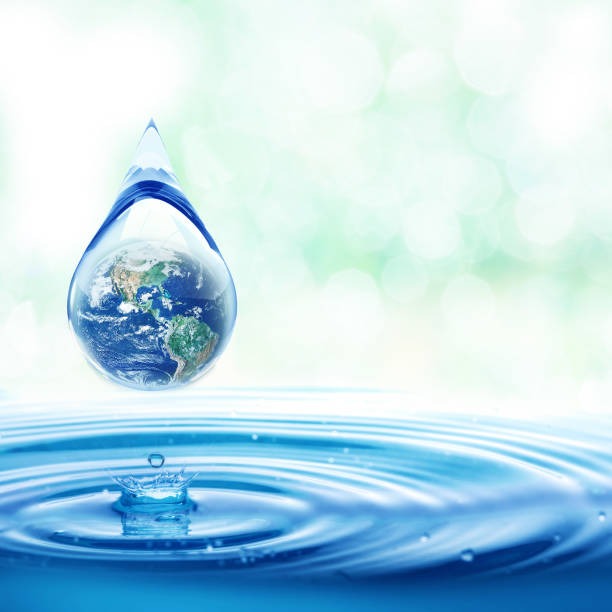Leading the Charge in Industrial Water Conservation
Water is an essential resource for any industrial operation, but its usage and conservation are becoming increasingly critical in the face of growing environmental concerns and stringent regulations. This article delves into the emerging strategies and technologies that businesses are adopting to optimize water usage, reduce waste, and improve overall operational efficiency.

Historical Context of Water Usage in Industries
Since the onset of the industrial revolution, water has been a critical resource for various operations, from cooling and cleaning to processing and transportation. However, the unregulated and excessive usage of water in the past has led to significant environmental impacts, including water pollution and depletion of freshwater sources.
The advent of environmental regulations and increasing public awareness about sustainability have compelled industries to rethink their water usage strategies. Today, water conservation in industrial operations is not just an ethical responsibility but also a strategic necessity for long-term sustainability and profitability.
Current Trends and Insights
One of the most prominent trends in industrial water conservation is the shift towards a ‘closed-loop’ system. This approach involves the recycling and reuse of water within the operation, thereby significantly reducing freshwater intake and wastewater discharge.
Another emerging trend is the use of advanced technologies for water treatment and conservation. For instance, membrane technologies for water filtration and desalination have proven to be effective in various industrial applications.
While these strategies offer significant benefits, they also pose certain challenges. The initial investment for setting up closed-loop systems or advanced treatment facilities can be high. Moreover, the effectiveness of these strategies often depends on the specific industrial process and the quality of available water sources.
Industrial Water Conservation: Impact, Benefits and Challenges
The impact of industrial water conservation is profound, both on an environmental and economic level. By reducing water usage, companies can significantly lower their operational costs, improve their compliance with environmental regulations, and enhance their reputation as a sustainable business.
However, implementing water conservation strategies is not without challenges. These include high upfront costs, technical complexities, and the need for continuous monitoring and maintenance. Despite these hurdles, the long-term benefits of water conservation often outweigh the initial challenges, making it a worthwhile investment for businesses.
Practical Strategies for Industrial Water Conservation
To effectively implement water conservation in industrial operations, businesses can consider the following strategies:
- Conduct a comprehensive water audit to understand the current usage and identify areas of waste.
- Invest in water-efficient equipment and technologies to reduce water usage in various processes.
- Train employees on the importance of water conservation and provide them with practical tips to save water in their daily operations.
- Regularly monitor and maintain water treatment systems to ensure their efficiency and longevity.
Wrapping Up
Industrial water conservation is no longer an option but a necessity in the modern business landscape. By adopting effective strategies and technologies, businesses can not only reduce their water footprint but also improve their operational efficiency and profitability. As we move forward, those who lead the charge in water conservation will set the standard for sustainable industrial practices and enjoy a competitive edge in their respective markets.




